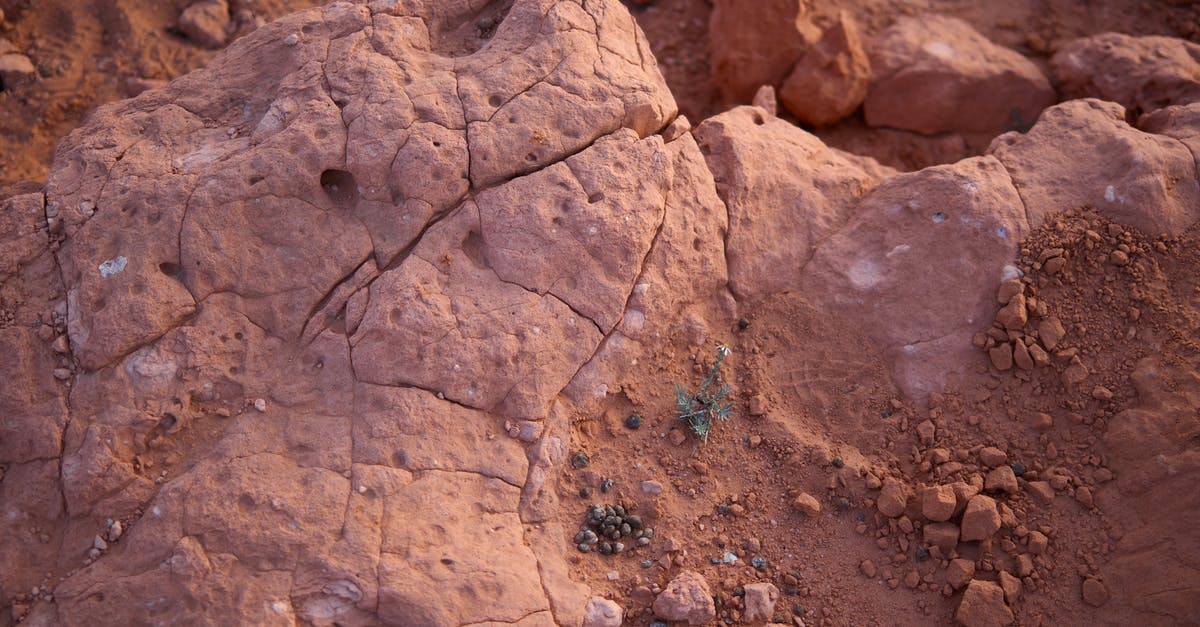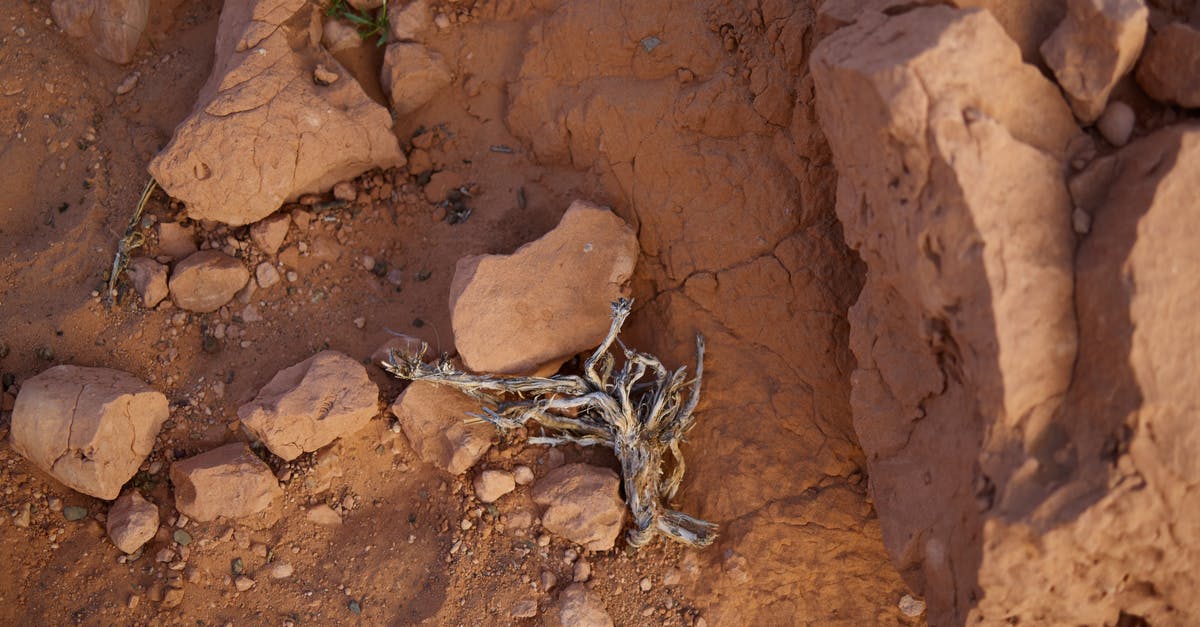Why do some powders clump in hot water?

Why do some powders like flour or matcha green tea causes lumps in hot water while other powders like sugar or cocoa or wheat grass (triticum aestivum) readily dissolve? Wheat grass powder is green and easily dissolves in cold water.
Cocoa: http://imgur.com/ncmN1ki.jpg
Best Answer
Water is a great solvent for polar molecules. Sugar, table salt, and other small polar molecules are water soluble. When you put them into water, you get a sugar resp. salt solution.
Other molecules are not soluble in water. Most organic molecules with a carbohydrate tail are insoluble (unless they have a strongly polar active group, like the shorter alcohols). Starch and cellulose are not water soluble. Most plant matter is made mainly from starch and cellulose. (The exception are fruits, which can have more fructose than starch, but still lots of cellulose).
When you put non-soluble powder into water, you are not making a solution. You are making a colloid known as sol (solids dispersed in a liquid). If you wet salt, the water will dissolve the first layer, and the second layer will be exposed. If you wet a random non-soluble powder, the water will have to wash away the first layer before it reaches the second layer, so it is hard to make the suspension without vigorous stirring.
There are some special molecules which absorb water and swell. Starch, some proteins (gelatin) and some polysaccharides (xanthan gum) are common such molecules in the kitchen. When you wet them, the water gets absorbed by the first layer. This changes the viscosity of the layer, making it thick and clingy. This forms a clump. In the core are the dry layers of powder. They are held together by a bubble of the water-swelled substance. Outside of this bubble is the water. It can't wash away the bubble, because it is so viscous, it doesn't flow into the water. And the bubble protects the core of the clump from contact with water. This happens with starchy powders like flour, or also real cocoa powder. Tea powder is mostly dried cellulose, so it is also hard to dissolve.
You mention cocoa as easily solved in water. In fact, cocoa is very hard to dissolve, so I think you are speaking of a cocoa flavored drink. A cocoa flavored drink is a mixture of dextrose, cocoa powder, and other things (but mostly dextrose). In such a mixed powder, the water dissolves the soluble molecules (the dextrose), and the insoluble particles (the cocoa powder) which were suspended in the dextrose are now suspended in the water. No neighbouring cocoa particles to cling to. So, no clumps, but an instantly homogenous drink.
Pictures about "Why do some powders clump in hot water?"



Quick Answer about "Why do some powders clump in hot water?"
Starch, some proteins (gelatin) and some polysaccharides (xanthan gum) are common such molecules in the kitchen. When you wet them, the water gets absorbed by the first layer. This changes the viscosity of the layer, making it thick and clingy. This forms a clump.Why does powder clump in water?
Adding moisture will increase the water activity. Moisture can be adsorbed from high humidity air or other ingredients at a higher water activity. If ambient humidity is higher than the water activity of a powder, the powder will clump. If the water activity of an added ingredient is higher, the powder will clump.Why do powders dissolve in hot water?
Energy from hot water molecules makes solids more soluble. In hot water, molecules are moving around more, so there are more collisions between the water molecules and a solid.Why powder does not dissolve in cold water?
Why does powder not dissolve in cold water? Temperature is a measure of the movement of the molecules, hot water molecules move faster than cold water molecules. Consequently, the powder is \u201cattacked\u201d more energetically by hot water than cold, resulting in faster dissolution of the powder.What powder does not dissolve in water?
The four that are insoluble are calcium sulfate, calcium carbonate, cornstarch, and potassium bitartrate. To test water solubility, add a pea-sized sample to a test tube, and about 5 mL of water, stopper and shake the test tube.White Flakes in My Drinking Water, Is Old Pipe Caused Harmless Hard Water?
More answers regarding why do some powders clump in hot water?
Answer 2
Usually because there's a thickener / simple starch present in it.
Sources: Stack Exchange - This article follows the attribution requirements of Stack Exchange and is licensed under CC BY-SA 3.0.
Images: ArtHouse Studio, ArtHouse Studio, Andrea Piacquadio, Riccardo
